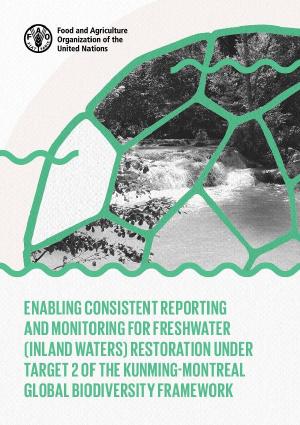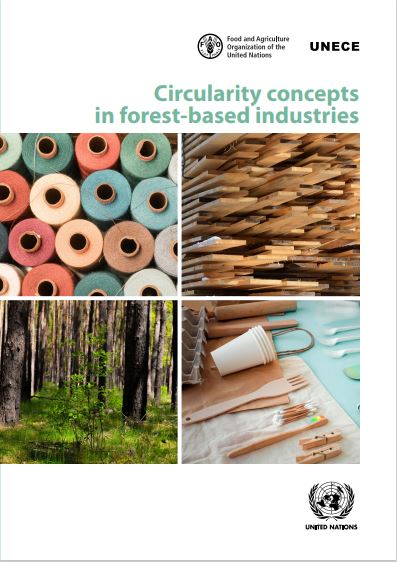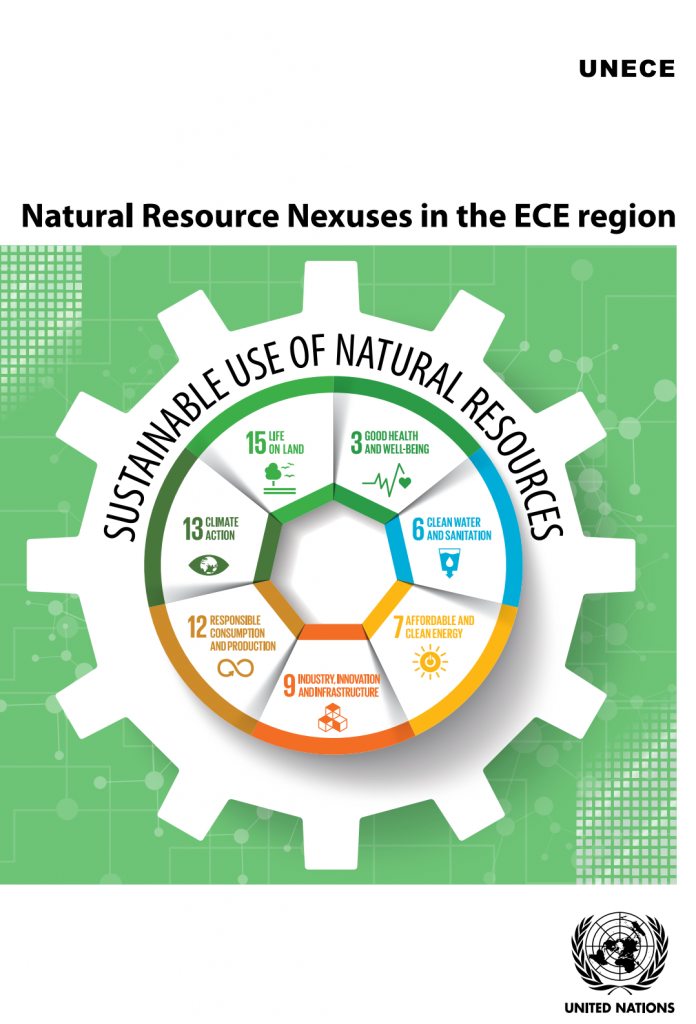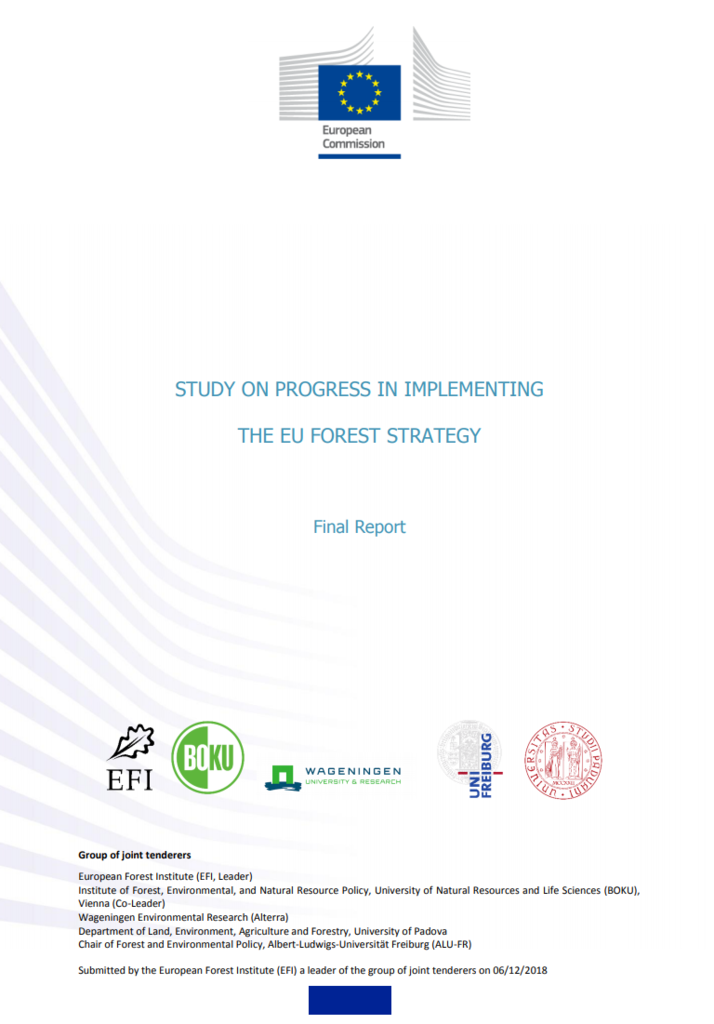Although Orbis-GPG is newly established, we have many years of experience delivering research-driven, impact-oriented projects at the intersection of environmental policy, sustainability, and natural resource governance. The projects featured below have been carried out by the company’s founders while they were working with leading organisations in previous roles.
The following projects reflect our approach, which combines scientific analysis, policy-relevant research and strategic insight, with a strong commitment to evidence-based and forward-looking solutions. They form the foundation of Orbis-GPG’s work as a trusted partner in advancing sustainability transitions.
Taking a bird’s eye view of EU wood-based policy
We led a study published by the European Forest Institute, titled ‘Taking a Bird’s Eye View of EU Wood-Based Policy‘. This work provides a comprehensive analysis of the fragmented and evolving EU policy landscape affecting the wood-based sector, which is an increasingly vital contributor to the circular bioeconomy. The study maps the relevant institutional and regulatory frameworks, identifies the trade-offs between industrial use and forest conservation, and makes recommendations to improve policy coherence, innovation financing and sustainability governance.
Supporting restoration reporting for freshwater ecosystems
Contributed to guidance published by the Food and Agriculture Organization of the United Nations (FAO) designed to support countries in reporting on the restoration of inland water ecosystems under Target 2 of the Kunming-Montreal Global Biodiversity Framework (KM-GBF). Recognising the unique characteristics of freshwater systems, the report introduces a tailored definition of “area under restoration” and outlines key considerations for assessing and monitoring restoration progress. By encouraging consistent and transparent reporting across countries, the guidelines aim to strengthen national capacities, facilitate comparative tracking of global restoration efforts, and ultimately improve ecological outcomes for these critical yet often undervalued ecosystems.


Examining the limits of circularity in forest-based industries
In collaboration with the United Nations Economic Commission for Europe (UNECE), we led a study exploring the challenges and constraints facing circular approaches in forest-based industries. The analysis covers key sectors including sawn wood processing, bioenergy, wood in construction, furniture, pulp and paper, as well as cellulose-based fibres and plastics. The study highlights that circularity is not inherently sustainable in all contexts—some practices may lead to environmental trade-offs or fall short of economic feasibility. The findings underscore the need for balanced, context-specific strategies when promoting circular solutions in the forest sector.
Advancing integrated natural resource management in the ECE Region
Together with colleagues from the UNECE, we developed a report that examined the application of the nexus approach to the management of natural resources in the pan-European region. The nexus approach promotes a more integrated, cross-sectoral strategy for managing interconnected resources, such as water, energy, food and land, moving beyond traditional policy and planning silos. The study examines seven regional nexus hotspots to highlight the specific challenges and opportunities of implementing this approach. Within a broader analytical framework considering regional megatrends and the SDGs, the report provides valuable insights for policymakers and practitioners seeking to promote sustainability through more coherent and systemic resource governance.


Supporting the review of the EU Forest Strategy
As part of a study commissioned by the European Commission, we contributed to an assessment of the progress made in implementing the EU Forest Strategy. The study focused on evaluating progress across eight priority areas that are central to the strategy’s vision for forests and the forest-based sector up to 2020. These areas included supporting rural and urban communities, promoting competitiveness and sustainability in the forest-based bioeconomy, taking forest-related climate action, protecting forests and their ecosystem services, collecting and monitoring forest data, innovating and creating added-value products, coordinating and ensuring policy coherence, and considering the global dimension of forest governance.
Strengthening environmental information systems in Europe and Central Asia
Under a series of activities supporting the pan-European region, we played a role in promoting the Shared Environmental Information System (SEIS) by making a series of strategic contributions to the UNECE’s work in this domain.
A key part of this work was developing and finalising the SEIS Assessment Framework, which provided an approach for evaluating country-level progress in establishing SEIS. The framework defined clear indicators, data flows and assessment criteria, and served as the primary tool for reviewing implementation ahead of the Ninth Environment for Europe (EfE) Ministerial Conference.
Additionally, to further promote awareness and knowledge exchange, we led the preparation of a special SEIS-focused issue of Environmental Policy and Science, which brought together key insights and best practices from across the region.

Participation in EU-funded Research Projects
Over the past two decades, we have actively participated in several European Union-funded research projects under the Framework Programmes (FP6, FP7, Horizon 2020) and ERA-NET schemes. These collaborations have focused on advancing interdisciplinary research, particularly at the intersection of environmental policy, sustainable resource management, and socio-economic development:
- GenTree (Horizon 2020): Engaged in analyzing European and national policies affecting forest genetic resources (FGR), addressing the lack of information on EU policy frameworks impacting FGR conservation and management, thereby aiding decision-makers in identifying relevant policy actions.
- INTEGRAL (FP7): Participated in evaluating existing land use policies and their implementation across 20 European case studies, aiming to develop forest management tools that reconcile ecological, socio-economic, and economic aspects of forest use, supporting sustainable forest management and multifunctional forestry.
- ARANGE (FP7): Contributed to summarizing current policy frameworks for mountain forest management to ensure the provision of key ecosystem services, identifying options for policy changes and their implications for multifunctional forest management at European and regional levels.
- SUMFOREST (ERA-NET): Involved in a cross-sectoral review of European forest-related policies, improving the understanding of the forest-related policy framework by identifying and characterizing EU directives and international policies affecting sustainable forest management and multifunctional forestry.
- EFORWOOD (FP6): Contributed to developing a tool for Sustainability Impact Assessment (SIA) of Forestry Wood Chains (FWC), producing a decision support tool, ToSIA, allowing for the analysis of sustainability impacts of existing and future FWCs, encompassing economic, ecological, technical, political, and social factors.
COST Actions
We have also been actively involved in European research networks, particularly through participation in COST Actions:
- COST Action E51 – Integrating Innovation and Development Policies for the Forest Sector: This initiative aimed to enhance the integration of innovation and development policies within the forest sector.
- COST Action FP1201 – FACESMAP: Forest Land Ownership Changes in Europe: FACESMAP focused on understanding the evolving patterns of forest land ownership across Europe and their implications for forest management and policy.

